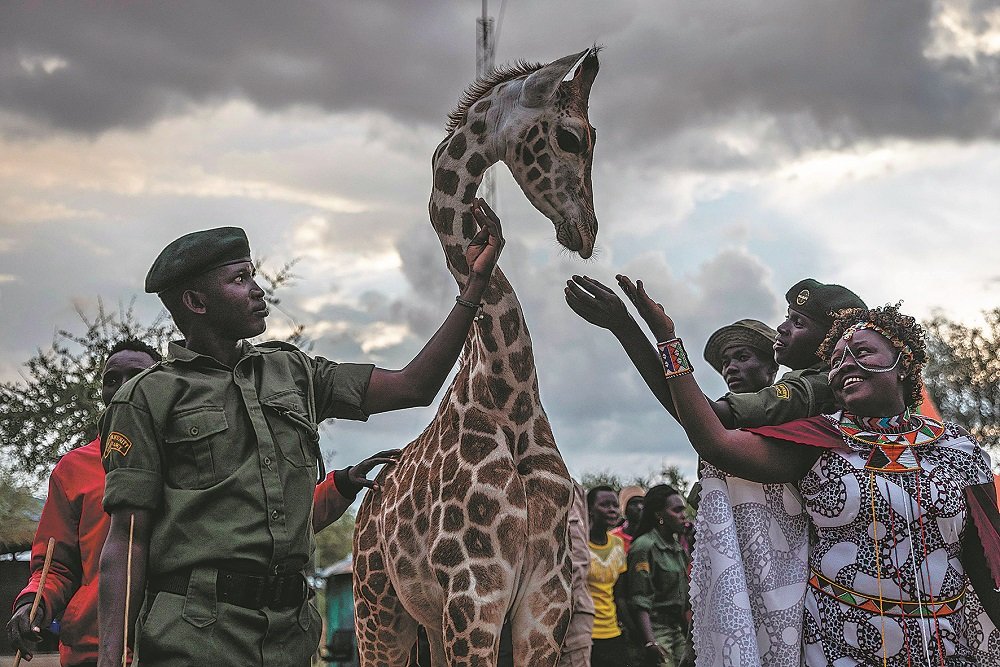When Zhuo Qiang first visited Kenya’s scenic plains of Maasai Mara in 2004 to see the lions, a lasting conservation seed was planted that has seen him work tirelessly to protect lions and other wild animals. Eight years later, the Chinese national was back in Kenya, this time not as a tourist but as a conservationist with plans to protect the lions that had made an impression on him.
Since then, Zhuo, a former government employee from Southwest China’s Chongqing municipality, has dedicated his life to working with the local Maasai community to protect wildlife and reduce conflict between humans and animals through the Mara Conservation Fund, which he founded in partnership with local conservationist Simon Masago.
Zhuo, who was given the name ‘Simba’ by the locals, which means lion in the Swahili language, has also guided the Mara Conservation Fund in holding conservation activities that prioritize the integration of local communities and the promotion of eco-friendly tourism. Today, the fund has become one of the most recognized organizations in Kenya for wildlife conservation.
With increasing economic and trade ties between China and Kenya, the Chinese are becoming increasingly involved in wildlife conservation in the country, with many local organizations hoping for intensified partnerships in this area.
Neville Agesa, director of partnerships and research at the Mara Conservation Fund, said that in addition to working with the Kenyan government and local communities, the organization is also working with its Chinese counterparts to improve wildlife protection in Kenya such as raising donations and training.
For instance, to create awareness for wildlife protection among children, the fund has initiated projects such as an e-learning program where Kenyan students can connect with their counterparts in China to discuss conservation.
Last year, the organization hosted a China-Kenya conservation forum which brought together conservationists from Kenya, China and other countries to raise funds in support of its conservation efforts.
The organization has also roped in Chinese tourists and members of the Chinese community in the country for its conservation efforts and to protect animal diversity, Agesa said.
Lydia Kalekye, a member of Nature Kenya, an NGO, that is working to reclaim and preserve the Ondiri wetland and bird sanctuary located some 20 kilometers north of the capital Nairobi, said improved relations between Kenya and China have presented numerous opportunities for collaboration in conservation.
“At Nature Kenya, we have received a number of individual and corporate Chinese supporters, including business owners who are promoting conservation initiatives. For example, we have collaborated with Chinese tour and travel companies to raise awareness on bird conservation,” Kalekye said.
By protecting the wetland, Nature Kenya works to secure the bird sanctuary which serves as an essential habitat for birds by raising awareness through activities such as birdwatching.
Just like Nature Kenya, Agesa said they would like to send Kenya’s wildlife rangers for training abroad in countries such as China in addition to having rangers from there coming over to help in setting up systems especially those related to technology.
– OTIATO OPALI, China Daily


